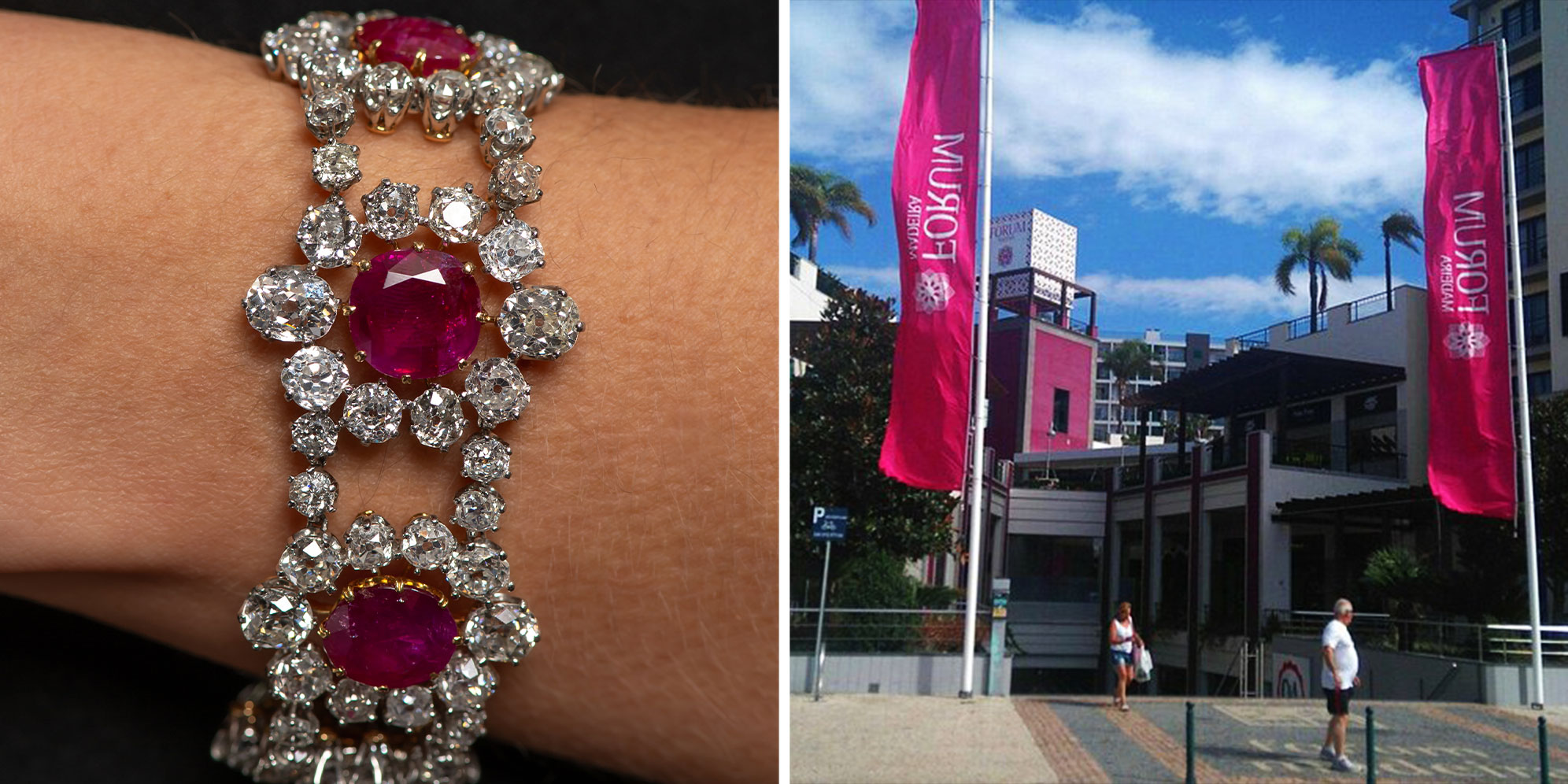Gemfields shareholders need to cough up $30 million
Gemfields is one of the most interesting groups on the JSE. The cocktail of risks and rewards at the group is unique, with the group focused on mining emeralds in Zambia and rubies in Mozambique. This means that there are layers of risks, ranging from potential conflicts and African government tax-grabs through to the challenges of getting stuff out of the ground. And that’s not all folks, as emeralds and rubies aren’t even consistent in terms of what you find underground. The quality and size varies, which means that the pricing varies as well. This makes it really difficult to reliably forecast operating margins.
On top of all this, there are also major supply-and-demand dynamics in the market for both emeralds and rubies. These are decorative stones, which means that their demand is driven by macroeconomic factors such as consumer spending. If demand is soft and if a major competitor floods the market with emeralds or rubies (as we recently saw in Zambia), it can cause a significant downward shift in pricing.
There’s always the risk of disruption as well, whether from other stones (a matter of consumer tastes) or cheaper alternatives of a similar colour. De Beers and the fight against lab-grown diamonds has taught us that nothing is immune to disruption.
Against this backdrop, you would typically want to see a strong balance sheet with as little financial risk as possible, as there is clearly a huge amount of operational and market risk in the company. Alas, Gemfields has been dealing with a tough market while simultaneously executing a substantial capital investment programme. Hindsight is always perfect with these things, so it’s easy to call this a bad idea now that we know how things turned out. In practice, mining companies are cyclical and are constantly having to make difficult decisions about the timing of capital allocation.
When it goes wrong, it tends to go badly wrong. Gemfields simply has too much debt on the balance sheet, having swung from a net cash position of $11-million at the end of 2023 to a net debt position of $80.4-million at the end of 2024. It still isn’t done with this capex investment cycle, with net debt expected to peak at more than $100-million as it meets its project obligations. When combined with the other challenges it has recently been facing in the market, this burden is too much for the balance sheet to bear.
For this reason, it is moving ahead with a rights offer to raise $30-million in fresh equity. As you can see from the numbers, the intention here is to give more breathing room to the balance sheet, rather than to settle all the debt. With the share price down roughly 60% in the past 12 months, the company needs support from its major shareholders, which have been on the receiving end of one piece of bad news after the next. Luckily, the two largest shareholders are stepping forward to fully underwrite the rights offer. When you’re in so deep, buying the dip (in this case through supporting a rights offer) almost becomes a necessity to stabilise the ship.
The road ahead is uncertain for Gemfields. Even though a fully underwritten rights offer means that it will get the money, there are no guarantees that the current operational pressures will diminish. It is also working on a plan to dispose of Fabergé, leaving it with a more focused group. At this stage, it has received only non-binding interest from prospective buyers, so there’s no certainty of a deal being done for that asset either.
Of course, if things do improve, then we are talking about a company that once traded at more than R4 a share towards the end of the pandemic. That’s a whole lot higher than the rights offer price of R1.07 per share. The additional shares that will be in issue mean that share price levels aren’t directly comparable anymore. Still, there’s clearly vast room for improvement from here if the company’s luck can improve.
And in other deal news…
Here are two quick snippets of corporate activity.
The first is Cashbuild, with the company clearly feeling a bit more confident these days. Although it’s hardly a meaningful deal in the context of what the broader group is worth, it still sends a positive message that Cashbuild is investing R93-million for a 60% stake in Allbuildco Holdings, the owner of three hardware and building material stores. There are put and call options related to the remaining 40% in the company, so there’s a pathway to 100% ownership here. Once you make the appropriate adjustments to net profit for the deal and take into account the pre-money and post-money valuations, it has done the initial deal at an earnings multiple of just 3.4x. That’s more than decent for a controlling stake!
Another deal that looks solid is Vukile Property Fund’s acquisition of Forum Madeira in Portugal. This colourful shopping centre features an open-air cinema and is perfectly positioned to take advantage of the tourism spend on the island, with Madeira enjoying a rapidly growing GDP and a low unemployment rate. Vukile has picked up this asset on an initial net operating income yield of 9.5%, so that looks like an appealing price. Its partner in the deal is RMB, with Vukile taking a 70% indirect stake in Forum Madeira via its 99.5%-held Spanish subsidiary Castellana Properties, while RMB will have a 30% indirect stake in Forum Madeira. The Iberian Peninsula has become a focus area for property funds looking for growth in Europe. Vukile was an early-adopter of the region, giving them an advantage. DM





